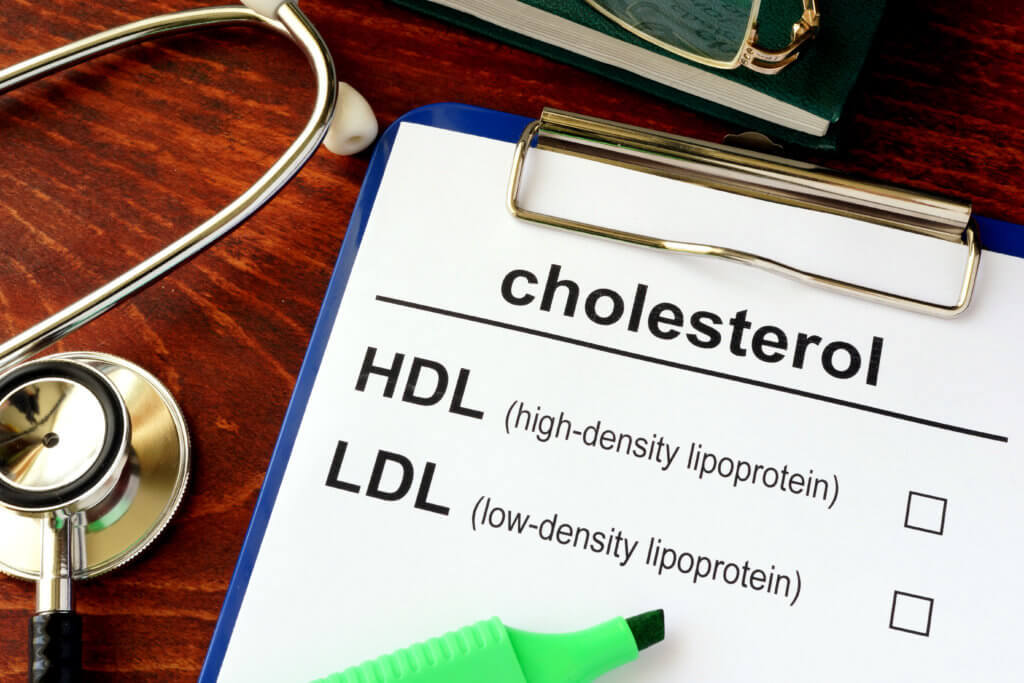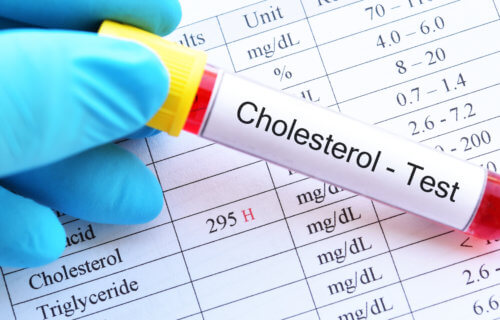MINNEAPOLIS — HDL cholesterol is supposed to be the “good” cholesterol, but concerning new findings suggest maintaining the right amount of HDL is a delicate balancing act that may hold long-term cognitive implications. Scientists at Boston University found that having both too little and too much HDL cholesterol appears to be associated with a small yet notable increase in the risk of dementia among older adults.
“Previous studies on this topic have been inconclusive and this study is especially informative because of the large number of participants and long follow-up,” says study author Maria Glymour, ScD, of Boston University, in a media release. “This information allowed us to study the links with dementia across the range of cholesterol levels and achieve precise estimates even for people with cholesterol levels that are quite high or quite low.”
The project included a total of 184,367 people from the Kaiser Permanente Northern California Health Plan (average age: 70 years old), all free of dementia at the beginning of the study. Surveys focused on health behaviors and the team measured cholesterol levels during routine doctor’s visits occurring an average of 2.5 times over the following two years.
Researchers tracked the patients within the Kaiser healthcare system using electronic health records for about nine years, and during that time a total of 25,214 people developed dementia.
The average HDL cholesterol level, meanwhile, was 53.7 milligrams per deciliter (mg/dL). A healthy level generally hovers just above 40 mg/dL for men and above 50 mg/dL for women. Next, participants were separated into five groups depending on their HDL cholesterol levels. Those with the most HDL cholesterol ended up displaying a 15-percent higher rate of dementia in comparison to the middle cohort. Those with the lowest levels had a seven-percent higher rate of dementia than the middle group.

Researchers were sure to account for additional factors that may influence dementia risk, such as alcohol habits, hypertension, cardiovascular disease, and diabetes. Only a slight association between low-density lipoprotein, or “bad” cholesterol, and the risk of dementia was noted.
“The elevation in dementia risk with both high and low levels of HDL cholesterol was unexpected, but these increases are small, and their clinical significance is uncertain,” Prof. Glymour adds. “In contrast, we found no association between LDL cholesterol and dementia risk in the overall study cohort. Our results add to evidence that HDL cholesterol has similarly complex associations with dementia as with heart disease and cancer.”
To be clear, these findings point to an association between high or low levels of HDL cholesterol and dementia, not a direct relationship. Researchers can’t say at this time if HDL cholesterol levels have a direct impact on dementia risk. Another limitation was that the volunteers completed the surveys themselves, meaning their answers may not necessarily be representative of the larger population.
The study is published in the journal Neurology.
You might also be interested in:
- Best Ways To Lower Cholesterol: Top 5 Tips Most Recommended By Health Experts
- Fluctuating cholesterol numbers linked to higher dementia risk
- Bempedoic acid proves just as effective at reducing cholesterol as statins


No it be don’t cause it be about things.
There I tells ya. Me go poopies now.